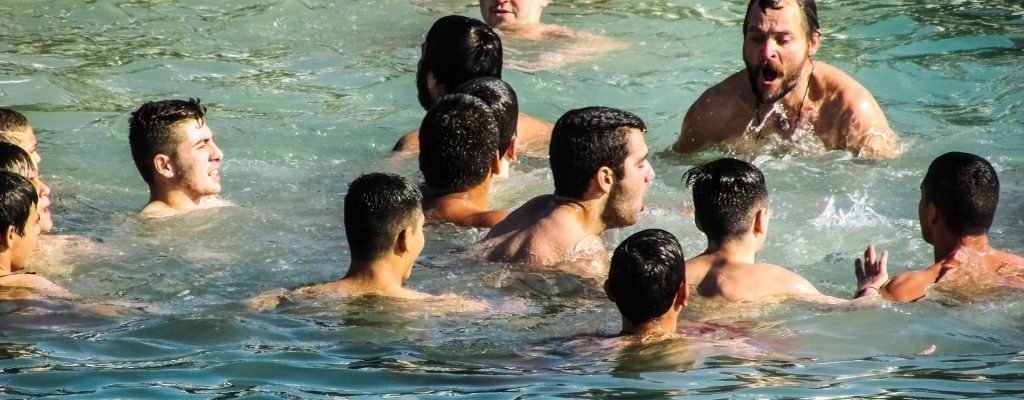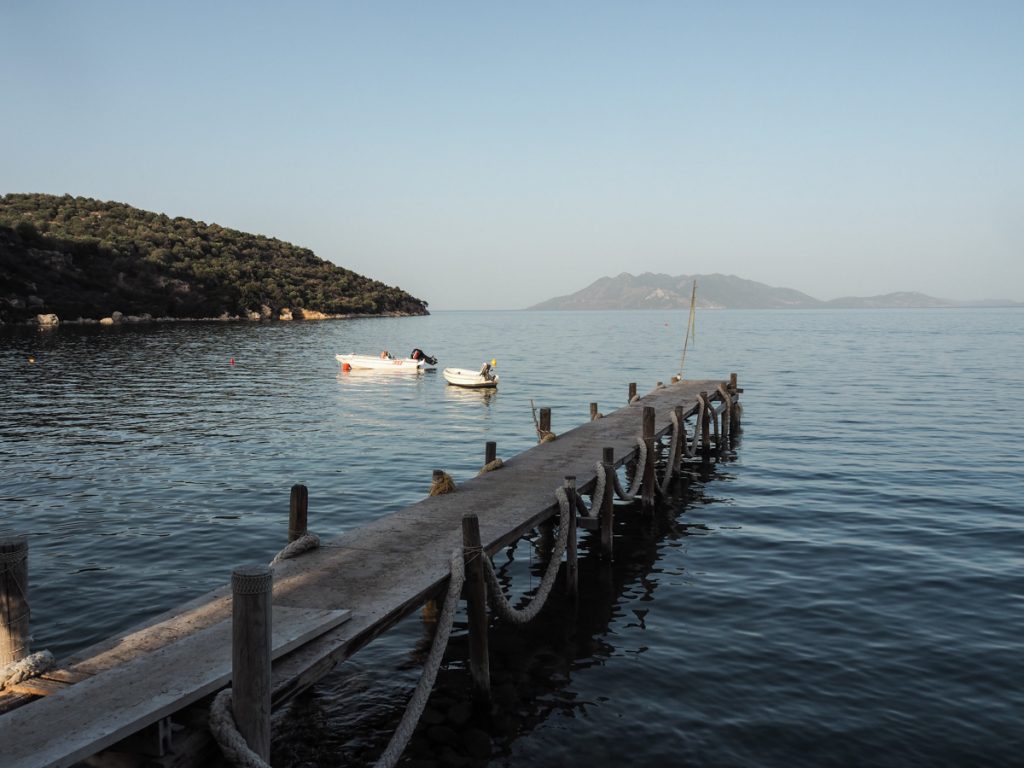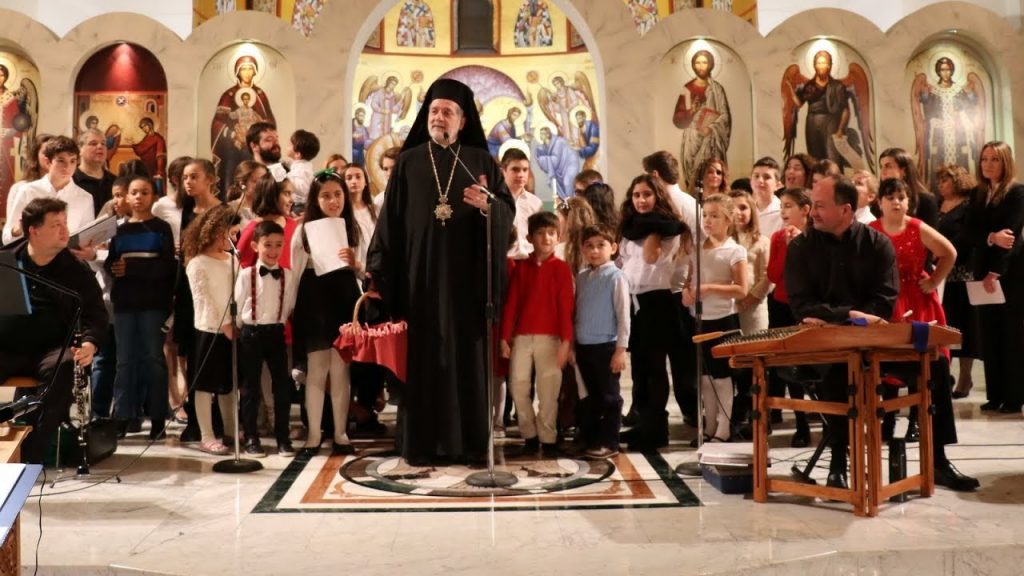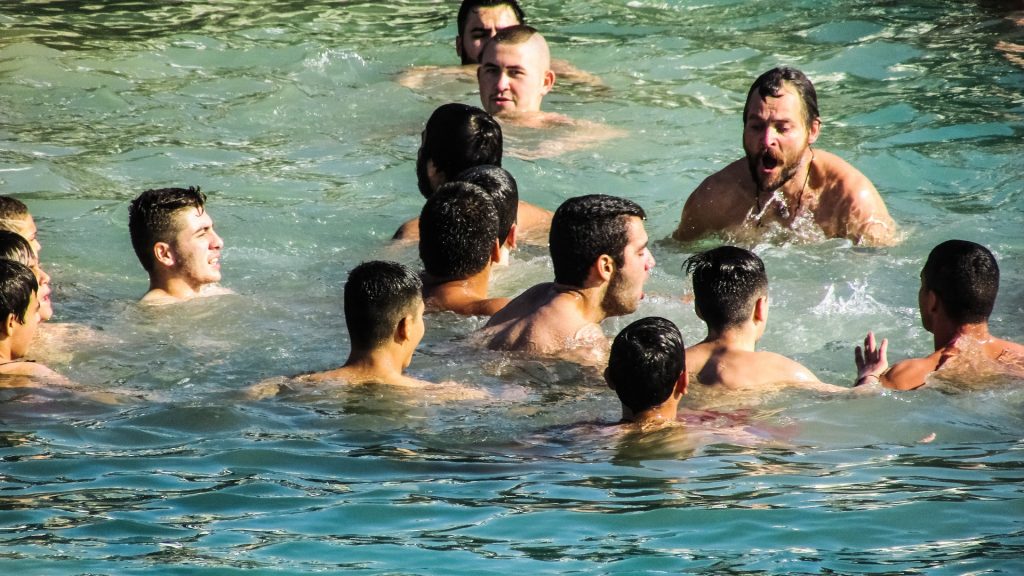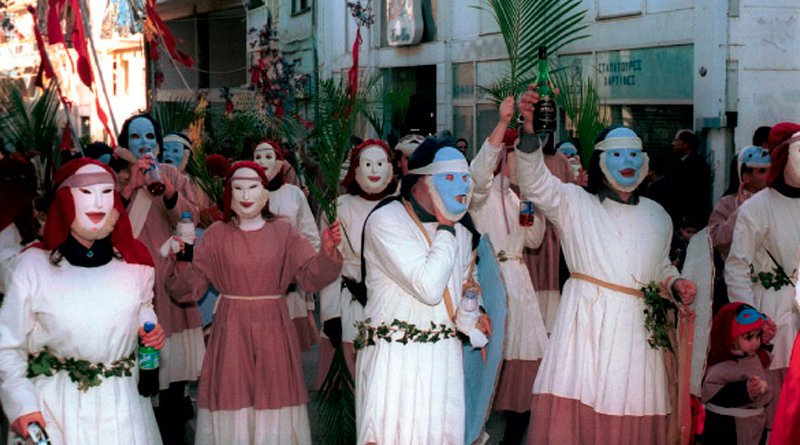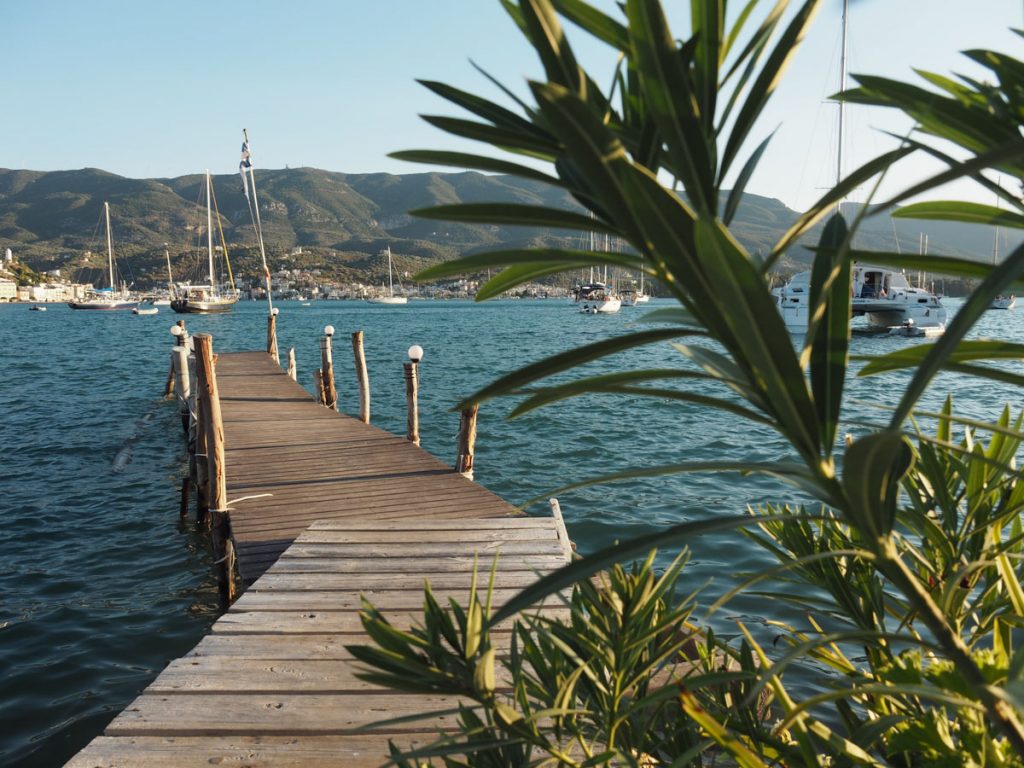The Epiphany in Greece is one of the most fascinating of cultural traditions to witness during your travels.
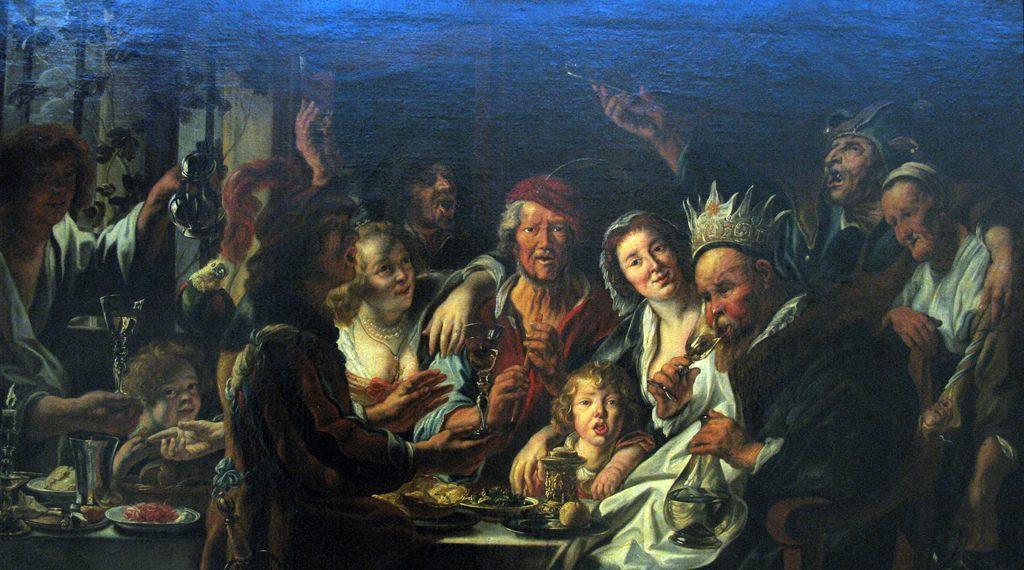
Epiphany Around the World
The Epiphany is one of the oldest Christian celebrations. It is a significant feast day, sometimes referred to as the 12th day of Christmas or Three Kings Day. It falls on January 6th and represents the baptism of Jesus by John the Baptist and the famous visit from three Wise Men.
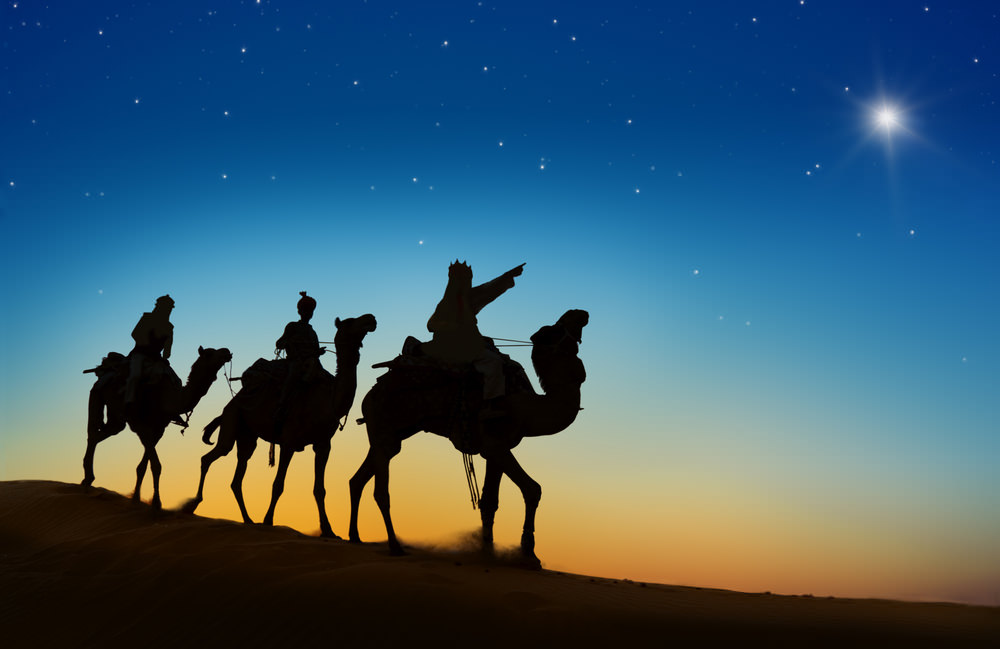
Here in Greece, there are special customs that set this holiday apart.
Epiphany in Greece
The English word Epiphany derives from the Greek language and means manifestation. In Greece, it’s known as theophania which means a vision of God. It is also referred to as the Celebration of the Lights or ta fota. That’s because in the Orthodox Church, this is the special day when the world was illuminated by God’s presence. It’s also important to note that St. John’s religious name day takes place the day after on January 7th which is a popular name day for those with names like John, Joanna, Ioannis or Ioanna. This means a lot of cultural name day celebrations will be taking place at bars and restaurants too.
Officially, the Epiphany ends the Christmas period but of course, in Greece, this is done in a very ceremonious way. Here’s how…
Epiphany in Greece: Children Singing and the Blessing of the Waters
The customs around the Epiphany take place the day before. You’ll likely see Greek children singing special Greek holiday songs called kalanta. You’ll see these kids singing out at public squares, at small businesses or even in public transport. The idea behind this is that they are symbolically communicating the message of Jesus’ baptism. It is common for adults around them to give them a few coins for their efforts.
Should you go to a Greek Orthodox Church, a ceremony called the Lesser Sanctification of Water or mikros agiasmos is performed by priests. Sanctified water is sprinkled on the congregation.
Finally, on January 6th a big event takes place called the Blessing of the Waters. Whole communities gather by the water for this symbolic event that involves swimming in January waters. Among the crowd of villagers or city folk will be priests and local politicians. While the custom varies around the country, it always takes place at a body of water whether it is a sea, lake or river.
A priest will say prayers and throw a wooden cross into the water which symbolizes the Holy Spirit. Men will dive in and race quickly to grab it first. It is said whomever gets it first gets a special blessing from the priest and good luck is expected for him in the year ahead.
Ephiphany Customs Across Greece
Here are a sample of ways that Greeks across Greece celebrate this significant holiday with tradition and creativity.
- In the Greek capital of Athens, the Blessing of the Waters is sight to behold as thousands gather in Piraeus which is the city’s main bustling port.
- In Thessalia, you can find the Rougkatsi which are 10 costumed villagers who sing from house to house.
- In Kastoria and Kozani, the Ragkoutsaria takes place. Locals don scary masks to symbolically ward evil spirits away.
- In northern Greece, in a region called Halkidiki, the Fotarades custom brings forth a local “king” dressed in the talagani traditional shepherd’s cape and he leads a fantastic and ceremonious dance.
Witness Epiphany Celebrations in Greece
As you can see the Ephiphany in Greece is an important part of the winter holiday season. Should you travel to Greece during the first week of January, witnessing these traditions would be a unique part of the travel experience. Do locals celebrate the Ephiphany where you live?

